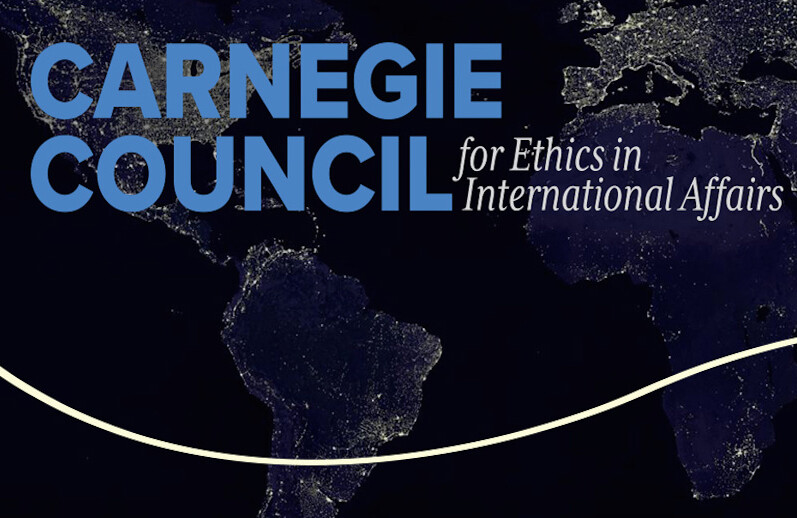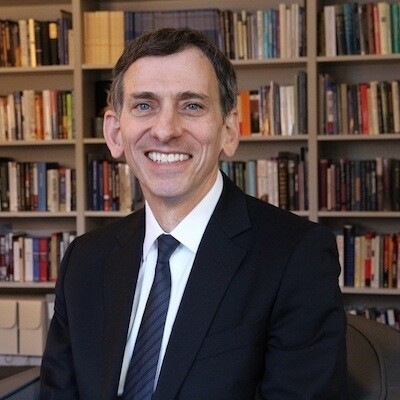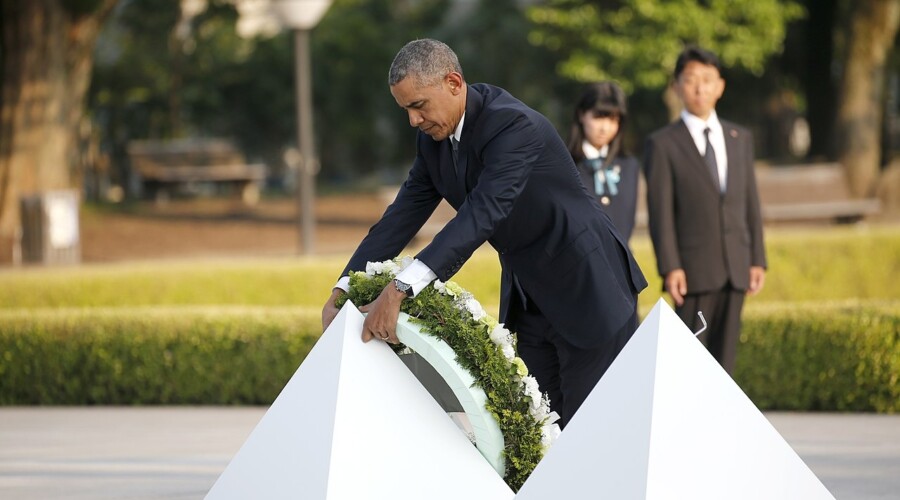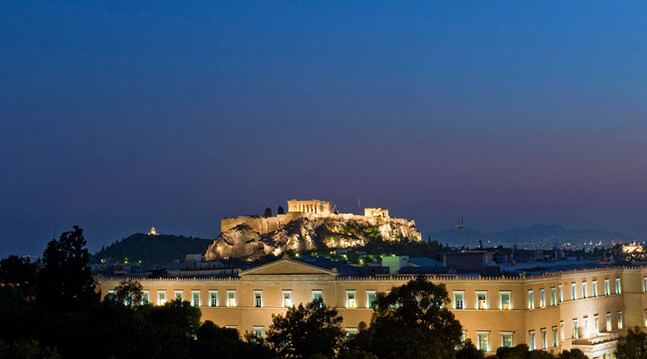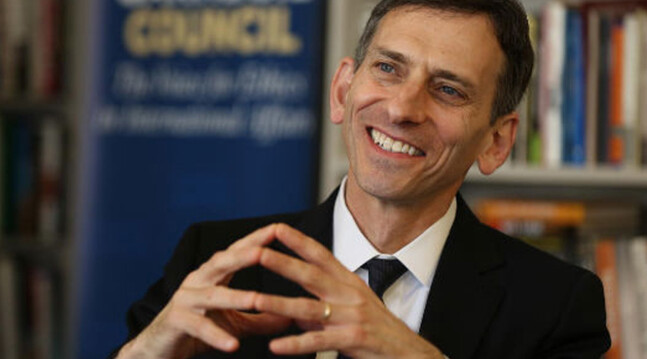"Ethics will be found in people of good will who believe in constructive responses to hard policy challenges. Ethics will be demonstrated by those who are willing to take a stand in defense of the core values of pluralism, rights, and fairness. Ethics will be invigorated by dialogue based on empirical knowledge, mutual respect, and equal regard for others. Carnegie Council will always be a home for these people and their voices."
What can be said of ethics in public life in this fall season of 2017? One thing is clear: A new era of uncertainty is now upon us.
Part of the story begins in the United States. At home, the social fabric is fraying. Identity politics and populism are on the rise. Demagoguery and intolerance—along with a dose of moral indifference—have eroded the bonds of citizenship and solidarity. The tragic clash in Charlottesville revealed tensions and grievances that are longstanding and yet newly urgent.
Abroad, the America First foreign policy is beginning to affect long-established patterns of international order. In just one example, the American withdrawal from the Paris climate agreement is a stark retreat for the "leader of the free world."
Around the world, there are similar trends threatening democracy and world order. Authoritarianism is well entrenched in Russia, Turkey, Egypt, the Philippines, and Hungary. The European Union faces the prospect of significant weakening as a result of Brexit. China’s interests continue to expand while longstanding rivalries persist in Southeast Asia and the Asia subcontinent.
Global-scale issues such as climate, trade, refugees, terrorism, and human rights lack coordinated approaches. Old alliances, once rock solid, have come into question. What values and standards will form the basis for action moving forward?
Adding to this moment of uncertainty is an absence of moral leadership not only in the United States, but also around the world. Trust in institutions and leaders are at an all-time low. Politicians, CEOs, clergy, public intellectuals, and media voices—all are viewed with skepticism. Who speaks for ethics in these contentious times?
History and experience tell us that not all the answers will be found in government. Individuals from all walks of life will be difference-makers, leading from wherever they are.
Ethics will be found in people of good will who believe in constructive responses to hard policy challenges. Ethics will be demonstrated by those who are willing to take a stand in defense of the core values of pluralism, rights, and fairness. Ethics will be invigorated by dialogue based on empirical knowledge, mutual respect, and equal regard for others.
Carnegie Council will always be a home for these people and their voices.
As we move into a new season of programs, we will exhibit the humanistic values of decency and civilized, rational, fact-based discourse. We will emphasize the moral case for stewardship of the planet, respect for human rights, and the importance of education as a foundation for democracy. We will continue to seek answers to the perennial question of ethics: how to live with differences while imagining a better future.
We understand that a moral world is not the same as a world in which everyone agrees, or acts with perfect ethical result. This is not possible. However it is possible to have a world in which the idea of ethics is central to thought and action.
We enter these uncertain and often overheated days with confidence that it is not only possible, but urgently necessary to show how and why "Ethics Matter." This is our charge, which we accept with equal measures of equanimity and resolution.
